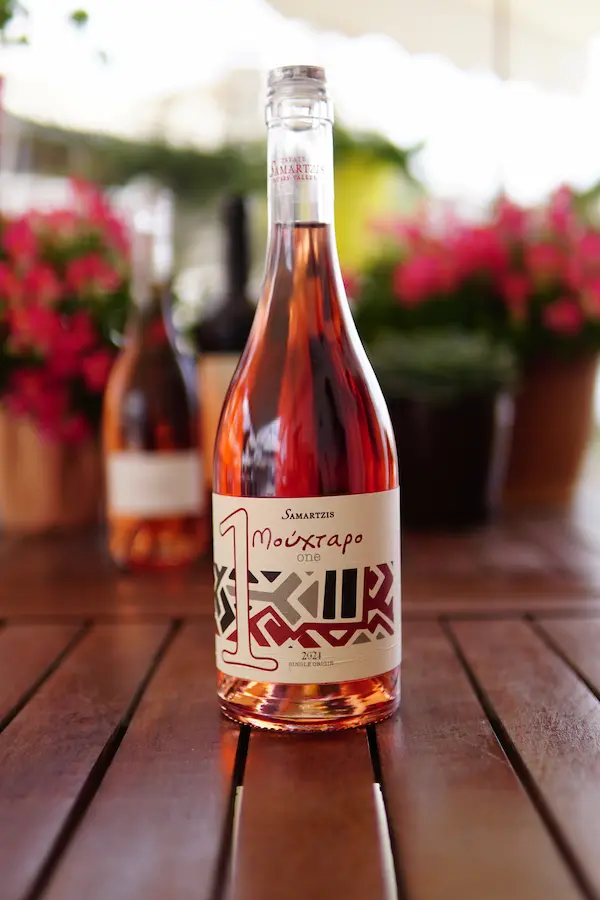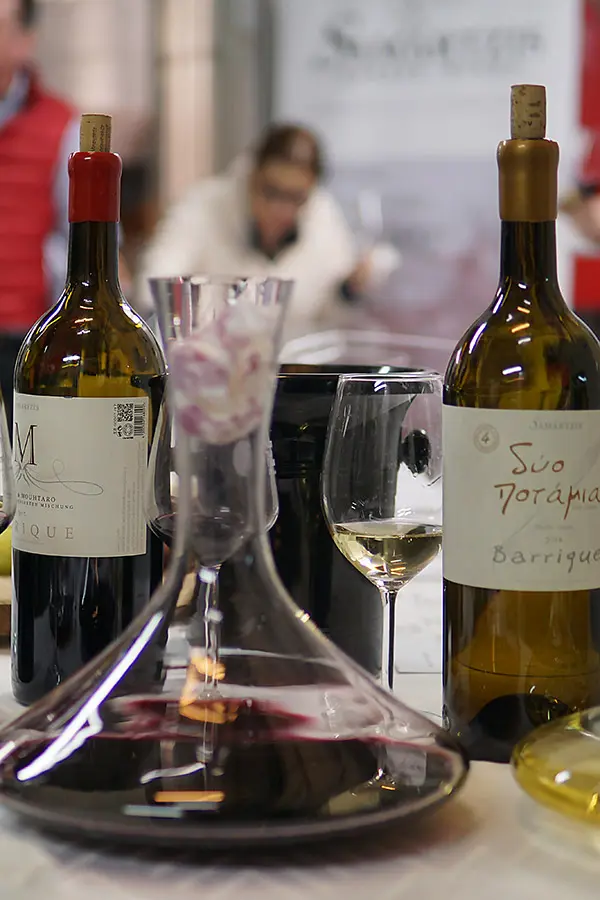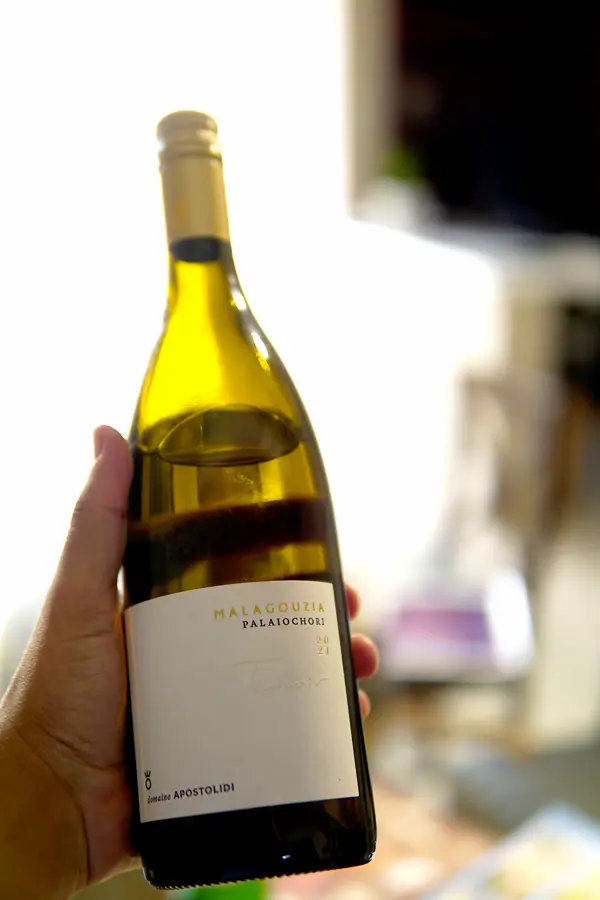Walk into a restaurant in Warsaw or Kraków and you’ll see the same pattern: Italian whites, French reds, maybe a token Spanish bottle. Safe choices. Predictable. But here’s the problem — they don’t make anyone stop, think, or remember your list the next day. If you really want to shake things up, you need to look south. Not to Tuscany or Rioja, but to Greece.
Why Greece, Why Now?
Poland’s wine culture is exploding. People are traveling more, asking harder questions about what’s in their glass, and they’re hungry for new stories. Yet Greece — one of the oldest wine cultures on earth — is almost absent from the scene. That gap isn’t just curious. It’s a missed opportunity.
Every year, more than 300,000 Polish visitors travel to Greece. They come back with memories of whitewashed villages, salty air, and glasses of wine at seaside tavernas. Putting Greek wines on your list is more than just diversification. It’s giving those guests a way to relive their best summer experiences right here, in Warsaw or Kraków. It’s nostalgia in a glass, and it sells.


Indigenous Grapes That Break the Routine
Chardonnay, Merlot, Sauvignon Blanc — we’ve all been there. Guests know them, sure, but they rarely surprise anyone. Greek varieties? They reset the conversation.
Assyrtiko: Razor-sharp and mineral, like licking a rock sprayed with lemon. It wakes up seafood. It even works with oscypek.
Moschofilero: Light, floral, aromatic — the kind of wine that makes pierogi taste suddenly exotic.
Agiorgitiko: Smooth and juicy, but with grip. It’s the Greek red that makes you question why Pinot Noir gets all the love.
And that’s just the start. Greece hides a whole spectrum of local grapes that sound almost exotic to Polish ears: Potamisi from Tinos, with its honeyed stone fruit charm; Debina from Epirus, crisp and salty with alpine freshness; Mouchtaro, a central Greek rarity that brings dark fruit and spice; and Mavrotragano, the powerful, structured red of Santorini now finding new homes on other islands. These names may be hard to pronounce at first — but that’s part of the appeal. They give sommeliers a story, and guests a reason to remember the night.


Look around at your guests. Young professionals ordering by the glass. Couples who know Prosecco but want to try something new. Sommeliers trying to impress a table with a curveball. Greek wines give you exactly that edge: authentic, bold, and versatile enough to pair with both Mediterranean and Polish dishes.
And here’s the kicker — they’re often better priced than their French or Italian equivalents. So you can offer something unique without blowing up your margins.
Polish venues don’t need more Bordeaux or Chianti. They need wines that spark curiosity and conversation. Greek wines are not a gamble — they’re the obvious next step if we want wine culture here to evolve. Ignore them, and your list will look like everyone else’s. Embrace them, and you’ll have something to say.
I believe the Polish market is ready. Ready for wines that carry both history and freshness. Ready for grapes that aren’t household names but deserve to be. Ready for Greece. The only question is: who will be the first to put them front and center?


